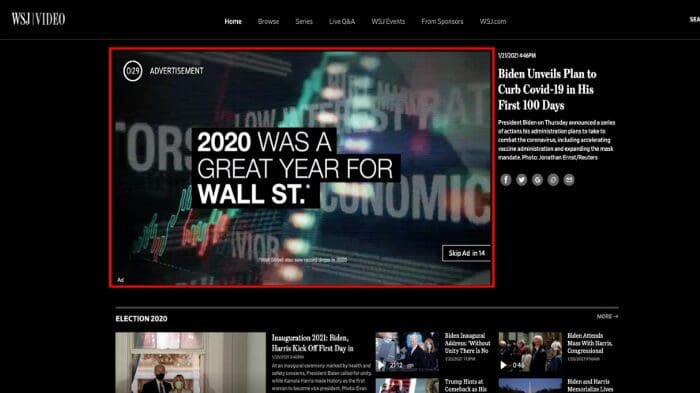One woman’s work to get UBI onto the screens and into the hearts of Americans.
By Diane Pagen
People who care about winning a Universal Basic Income (UBI) have done many things to push it into the public consciousness and onto the desks of public servants. Over the years, a host of things including flyers, street outreach, interviews, calling elected officials, public art, community groups, conferences, demonstrations, and now many online activities are ways people have worked to move progress on UBI.
No one ever thought of doing a Public Service Announcement (PSA). Until 2021. Until Gisèle Huff.
I remember PSAs when I was a kid. They were short and to the point. They helped people understand important community problems, and solutions. They appealed to our desire to be a community. There was one to remind kids to be kind to seniors; one to remind people how to cross the street (“cross at the green, not in-between”); to be a good friend (include the new kid at recess); to pick up your trash (“don’t be a litterbug!”) and to guard against prejudice (we need to bring that one back).
Gisèle Huff’s project to create a PSA for a Universal Basic Income began more than a year ago. Her late son, Gerald Huff, was a proponent of UBI for many years before his death in 2018.
The grief Gisèle endured and her desire to continue Gerald’s legacy led to her declaration that she would continue to work for the world Gerald envisioned — one where people’s basic needs were met so they could fully realize their talents and humanity.
Gisèle established the Gerald Huff Fund for Humanity to advance work toward a national UBI.
In conversation, she explained to me how she re-connected with one of her late son’s childhood friends, who is now active in public relations and advertising. They talked about her idea for creating a PSA. This led to introductions to a marketing team that was excited to work on a PSA as Gisèle envisioned it.
The PSA launched Thursday, January 14th and has reached almost 3 million viewers during its broadcast across the digital space, which has included airtime on news organizations sites like The Wall Street Journal, Buzzfeed, Vice and more.
Who are the target demographics for this PSA? “Young people, and people of modest incomes or low-incomes with children are some of the people who most need to see this and hear its message,” Gisèle said. “Also, people who have so-called ‘good jobs,’ because over the past several decades, job security has eroded. The person with a ‘good job’ is more and more finding themselves on the losing end of the employer-employee equation. A Universal Basic Income will provide the income security that will matter as traditional job security disappears, exacerbated by increasing automation.”
The second group of people who need to see it, Gisèle explained, are politicians. “Our biggest problem is our leadership. They are stuck in the 20th century and they can’t seem to climb out on their own.” The PSA will help politicians and leaders connect our current economy to the experience of the American people and help them think about “earned” income in new ways.
“With COVID, workers in low-paying jobs, who were previously thought of as expendable, are now recognized as ‘essential,’’ Gisele continued. “A Universal Basic Income is a great way to recognize worker value with tangible cash to meet their own needs.
“When we look at our economy in highs and lows, every single person is essential. We need to start demonstrating that we know this through our economic policy.”
Gisèle is 84, with a lot of lived experience. She emigrated to the U.S. from France as a child with her mother, after living under Nazi occupation during WWII. They came knowing no English and with $400 to their name. From that humble beginning, as Gisèle explains, “it was possible for me to climb the economic ladder as the epitome of the American Dream.”
“Back then, the economy was very different. A worker was able to advance with relative security. I was able to succeed in that economy. But we are telling today’s workers a lie — that that model of work and economic reward is still the foundation of America’s economy. It isn’t that way anymore.”
Despite the disastrous toll that COVID-19 has had on the world economy, there continue to be those in power who insist the traditional job market is still intact. Resistance to cash relief by some in Congress is proof that many leaders are so detached from ordinary people that they do not see the economy clearly. The PSA invites people to undergo a “mind shift” in how they think of their own worth, and the worth of everyone else, friends, neighbors, even strangers.
The PSA says simply that Universal Basic Income is the way forward for American society.
“We must communicate that the way to show that our society is really one that values people is to legislate it,” said Gisèle, “with a Universal Basic Income.”
_____
Diane Pagen is a published author, activist and social worker in New York City. She led Basic Income NYC for years and helped found the Basic Income March.
To see original article please visit: https://income-movement.medium.com/can-you-excite-people-about-economic-reform-via-a-public-service-ad-59b45a0a388a





















